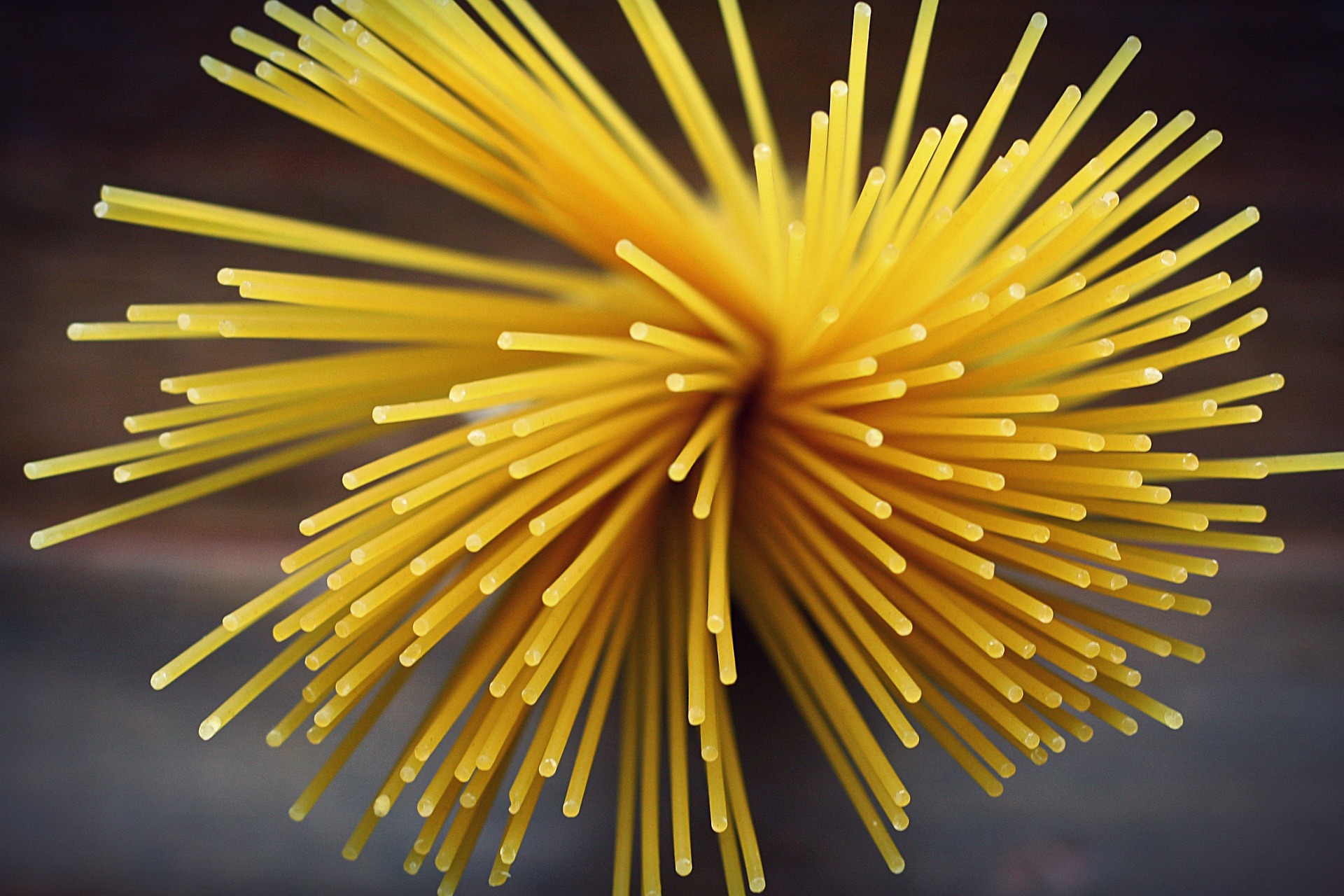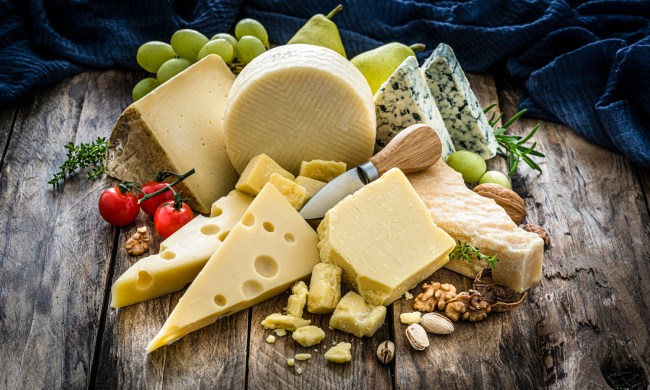
Is there anything more beautifully comforting, as intensely satisfying, or as incredibly delicious as a big bowl of your favorite pasta dish? From classic spaghetti and meatballs to creamy fettuccine Alfredo to a late-night pasta carbonara, every plate of pasta just feels like a giant hug. Pasta can be as simple as can be, delectable with only a little browned butter and Pecorino Romano, or intricate and sophisticated, accented with fresh seafood and earthy truffles. It’s the perfect pantry staple from which to create a million dishes from a thousand global cuisines, and we can’t get enough. According to Share The Pasta, the average American consumes approximately 20 pounds of pasta annually, making it the sixth-highest food per capita in the country. As a nation, we consume almost 6 billion pounds of pasta every year. It’s also one of the most universally loved and appreciated foods in existence. I fail to recall a time when I’ve ever heard someone say, “Pasta? Nah. Not my thing.”
Everyone loves pasta because pasta is perfection. And now, at long last, science has confirmed what most of us have known since childhood. That this life-giving ingredient actually makes our brains happier.

The study
In a study conducted by the Behavioral and Brain Lab of Italy’s Free University of Languages and Communication IULM, researchers tested how humans responded emotionally and neurophysiological to eating pasta. The 40 test subjects ranged in age from 25 – 55 years old and were tested whilst eating pasta using neuro-scientific and brain-tracking methods – methods similar to those used in lie detector tests.

The results
The scientific results of the study proved what we’ve all known in our hearts forever – that pasta does, of course, make humans happy. The researchers discovered that consuming pasta puts an individual into a powerful, long-lasting emotional-cognitive state comparable to the emotions one feels when listening to a favorite music or watching a beloved movie.
And as delicious as pasta is, the wonderful flavor is not the sole reason it makes humans happy. According to the study, individuals connect pasta with warm feelings of family, sharing, and friendship. Tasting and enjoying a pasta dish evoked these warm emotions in those tested with remarkable results. When surveyed on the feelings associated with pasta, the test subjects agreed that the most significant emotion felt was, overwhelmingly, happiness.
While it would be easy to attribute these findings to nostalgia and memories of Grandma’s homemade rigatoni alone, it would appear there are even more scientific reasons that support pasta happiness. Pasta contains tryptophan and B vitamins, which help with mood regulation, muscle relaxation, and the body’s production of serotonin.
So tonight, give that Keto diet a rest. Go ahead and make a big batch of bucatini.



